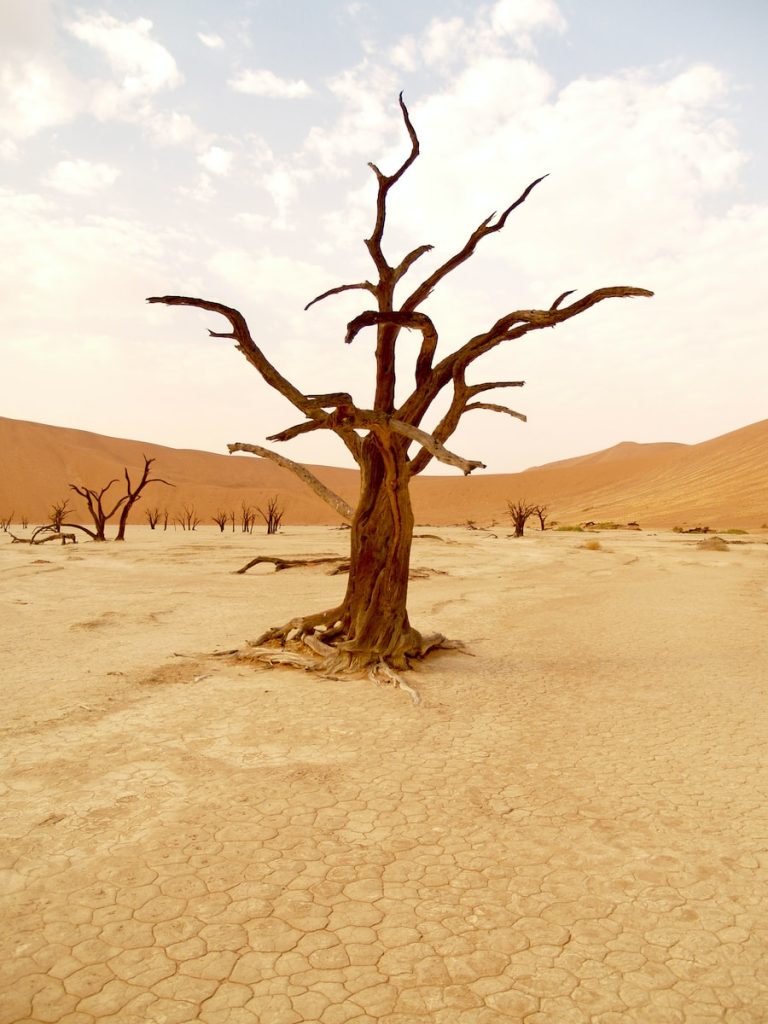A recent report released by the World Meteorological Organization (WMO) and the European Union’s Copernicus Climate Change Service revealed that numerous countries in the region experienced their hottest year on record in 2022. However, amidst this concerning trend, there is a glimmer of hope stemming from the increased use of renewable energy.
The State of the Climate in Europe 2022 report outlined the wide-ranging impacts of decades of accelerated heating on the region’s socio-economic fabric and ecosystems. Extreme heatwaves, droughts, wildfires, marine heatwaves, and unprecedented glacier melting were some of the notable consequences detailed in the report.

According to the report, the region recorded an average temperature that was approximately 2.3°C above the pre-industrial baseline used in the Paris Agreement. The toll of climate change was highlighted, emphasizing its significant impact on human lives, economies, and the environment.
Climate change is taking a major human, economic and environmental toll in Europe, the fastest-warming continent of the world.
— World Meteorological Organization (@WMO) June 19, 2023
This is the #StateOfClimate in Europe. https://t.co/jlwJEbp6Qr pic.twitter.com/k9madD0vxM
WMO Secretary-General, Petteri Taalas, commented on the report’s findings, stating that the summer of 2022 was the hottest on record. The high temperatures worsened severe drought conditions, fueled violent wildfires, resulting in vast areas being burned, and tragically led to thousands of heat-related deaths.
Disturbing indicators from the report illustrate the gravity of the situation. Belgium, France, Germany, Ireland, Italy, Luxembourg, Portugal, Spain, Switzerland, and the United Kingdom all experienced their warmest year on record in 2022, while Europe experienced its hottest summer ever recorded.
With below-average precipitation across the region, France faced its driest period from January to September, and the United Kingdom experienced its driest months from January to August since 1976. These arid conditions have had far-reaching consequences for agriculture and energy production.
Additionally, water reserves in Spain dipped to 41.9% of total capacity by the end of July, with some basins recording even lower levels. Glacier melt in Europe has been alarming, with approximately 880 cubic kilometers of ice lost between 1997 and 2022. The Alps, in particular, witnessed an average thickness reduction of 34 meters. In 2022, these glaciers set a new record for mass loss in a single year due to low winter snowfall, unusually warm summer temperatures, and Sahara dust deposits.
The Greenland Ice Sheet, a significant contributor to rising sea levels, lost about 14.9 mm in 2022, and the WMO report indicates continued mass loss. The record-breaking warmth extended to the North Atlantic, where average sea surface temperatures were the highest on record. Various seas in the region also experienced intense marine heatwaves, with surface ocean warming rates more than three times the global average in the eastern Mediterranean, the Baltic Sea, the Black Sea, and the southern Arctic.
The unprecedented heat stress in Europe in 2022 was a major driver behind an alarming number of weather-related excess deaths. The Emergency Events Database (EM-DAT) reported 16,365 fatalities as a result of meteorological, hydrological, and climate-related hazards, impacting 156,000 individuals directly. The co-authors of the report cautioned that these figures should not be dismissed as isolated events but rather demonstrate a pattern indicating more frequent and intense heat stress extremes throughout the region.
Amidst these daunting statistics, there is a glimmer of hope. The report underscores the significant implications of Europe’s extreme weather patterns for the region’s energy supply, demand, and infrastructure. However, amidst these challenges, renewable energy emerged as a promising source of hope. In 2022, for the first time, wind and solar power generated more electricity than natural gas in the European Union. Renewable energy accounted for 22.3% of the EU’s electricity generation, while natural gas contributed 20%.
WMO Secretary-General, Petteri Taalas, highlighted the importance of this achievement, highlighting that the increasing usage of renewables and low-carbon energy sources is crucial in reducing dependence on fossil fuels. This shift towards cleaner and more sustainable energy production offers an encouraging outlook for the future.
